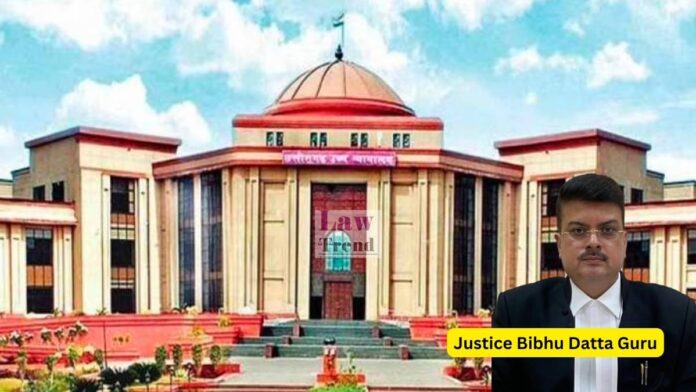The Chhattisgarh High Court has held that ordinary quarrels or derogatory remarks made by in-laws in a matrimonial setting are not, by themselves, sufficient to constitute abetment of suicide under Section 306 of the Indian Penal Code unless accompanied by extraordinary circumstances immediately preceding the incident. Justice Bibhu Datta Guru made the observation while allowing
To Read More Please Subscribe to VIP Membership for Unlimited Access to All the Articles, Download Available Copies of Judgments/Order, Acess to Central/State Bare Acts, Advertisement Free Content, Access to More than 4000 Legal Drafts( Readymade Editable Formats of Suits, Petitions, Writs, Legal Notices, Divorce Petitions, 138 Notices, Bail Applications etc.) in Hindi and English.




